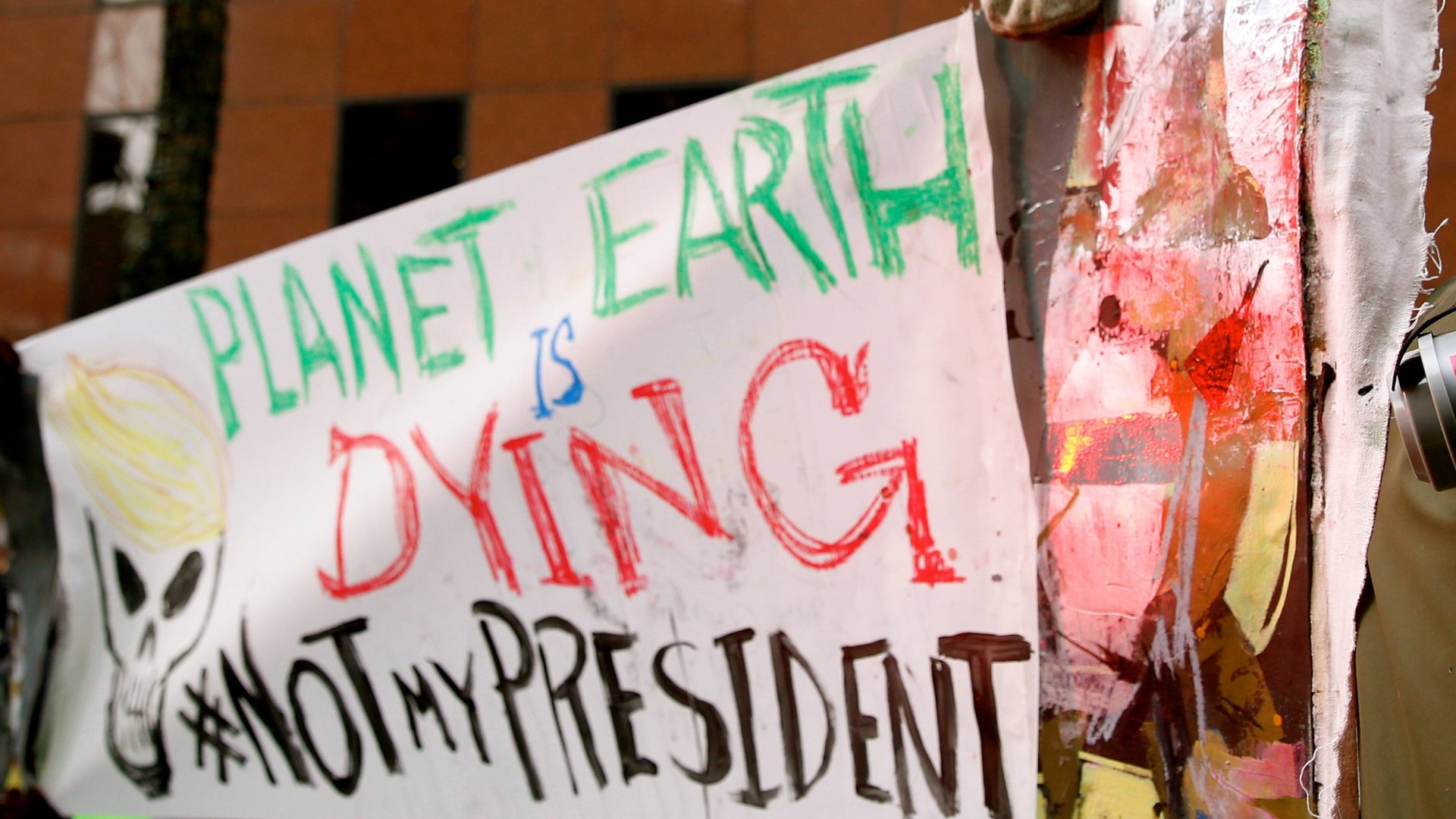Scientists in the US are running for office to combat the science-denial descending on DC
US president Donald Trump did not study law or governance, yet he rose straight to the top of American politics. This gave some scientists, technologists, engineers, and mathematicians an idea: they launched an initiative, STEM the Divide, to get more of their own into public office.


US president Donald Trump did not study law or governance, yet he rose straight to the top of American politics. This gave some scientists, technologists, engineers, and mathematicians an idea: they launched an initiative, STEM the Divide, to get more of their own into public office.
The initiative is run by a new political action committee called 314 action, named after the first three digits of pi. On its website, the PAC explains its goal is “electing more leaders to the US Senate, House, State Executive and Legislative offices who come from STEM backgrounds. We need new leaders who understand that climate change is real and are motivated to find a solution.”
The PAC’s founder, Shaughnessy Naughton—a chemist and cancer researcher-turned-business owner, who has twice run for Congress and lost—told the Washington Post, “Especially now, we need people with scientific backgrounds that are used to looking at the facts and forming an opinion based on the facts.” The impetus for organizing, she said, was Trump’s choice of cabinet members who deny widely accepted scientific facts like climate change, and the validity of vaccines, among other issues.
Indeed, the first post up on Trump’s White House website vowed to discard Obama’s Climate Action Plan, a key piece of climate change mitigation legislation. This week, during the confirmation hearings of Scott Pruitt, Trump’s pick to run the Environmental Protection Agency, expressed his hesitancy about the human role in climate change: “I believe [climate change] is caused by human activity in some manner. I believe the ability to measure with precision is subject to more debate,” he said. The scientific consensus is that people are, in fact, mostly to blame.
The members of 314 Action are not the first group of concerned scientists. Researchers have been getting seriously politically active since Trump’s election, storing climate science data for fear it will be eliminated, and setting up a secret hotline to report Trump administration meddling, for example. 314 Action wants to take it up a notch by helping more STEM professionals get into politics. That’s not an obvious choice for those inclined to the pursuit of knowledge, and it can be difficult to go from the lab to success on the campaign trail—Naughton found that being a political outsider made it hard to get the attention necessary to run a successful campaign.
The STEM the Divide program will provide training and guidance for political candidates with a science background, help with fundraising, and keep the larger STEM community engaged and organized. Naughton’s working with Pennsylvania State University climate scientist Michael Mann and Democratic political consultant Joe Trippi on the initiative. They are bolstered by a previous success: In 2015, Naughton and Trippi helped get Princeton physicist Andrew Zwicker elected to the New Jersey State Assembly.
Now they’re recruiting more candidates. On March 14—that’s 3/14, pi day—they’ll hold an online information session for STEM professionals who want to get “out of the lab, into public office.” About 60 people have expressed interest and 314 Action expects 1,000 by March; from that group, the PAC will choose a few candidates throughout the country to focus on, and support their political runs.
There is a notable caveat, however. The initiative will support only Democratic candidates. Naughton explains that the Democratic and Republican platforms are drastically different on the issue of climate change. “We felt we had to pick a team,” she said.